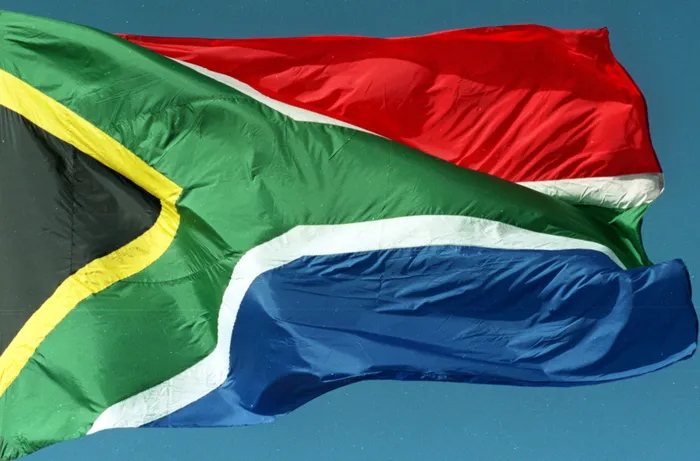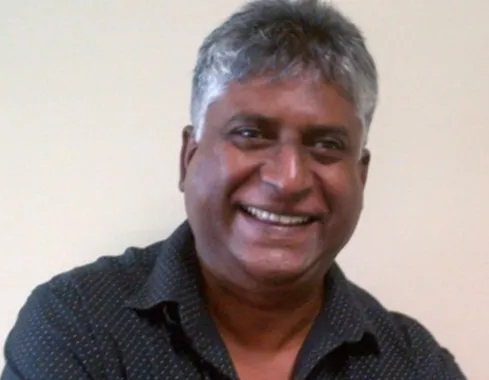
dfadfadd
Image: File picture: Leon Muller, African News Agency (ANA)
AS WE COMMEMORATE International Workers' Day, we must ask ourselves: are we truly content with the plight of workers in South Africa? Do our labour laws genuinely protect their rights, or do they merely pay lip service to fairness while preserving systemic inequities?
Three decades into democracy, the lived reality for many workers remains one of hardship. Despite progressive labour policies, inflation, rising interest rates, and stagnant wages continue to erode their quality of life. Basic necessities - healthcare, education, housing - remain out of reach for millions, while their voices are drowned out in policy spaces dominated by corporate and political elites.
The glaring wage gap between executives and workers underscores this injustice. While top salaries soar into the millions, ordinary workers struggle to keep pace with inflation. This imbalance exposes a fundamental failure in our economic system - one that preaches equality in theory but entrenches inequality in practice.
Even institutions like the CCMA, designed to enforce fairness, are strained by under-resourcing and overwhelming caseloads.
Policies like Broad-Based Black Economic Empowerment (B-BBEE), initially conceived to redress apartheid injustices, now demand critical reassessment. Instead of fostering inclusive growth, they have often perpetuated new forms of marginalisation, benefiting a select few while leaving the majority behind. True transformation requires policies that uplift all workers - not just a politically connected elite.
Similarly, institutional racism persists in corporate South Africa, where whiteness still dominates leadership roles. The rhetoric of "meritocracy" often masks systemic biases, reinforcing racial hierarchies that exclude black professionals from meaningful economic participation. Until these power structures are dismantled, genuine equality will remain elusive.
South Africa has attracted over R1.8 trillion in foreign direct investment since 1994 - yet little of this wealth has reached the working class. Wages remain stagnant, job security is precarious, and retrenchments are justified as "business necessities."
Meanwhile, the taxi industry - often hailed as an empowerment success - employs thousands without UIF, medical aid, or pensions. This is not empowerment; it is survival.
The need for National Health Insurance (NHI) underscores this crisis: only 16% of South Africans can afford private healthcare, leaving millions at the mercy of an overburdened public system. This is not just a racial issue - it is a class issue, rooted in apartheid capitalism and sustained by an economic system that prioritises profit over people.
To break this cycle, we need more than policy reforms - we need a fundamental shift in values. Educare - the fusion of education and care - must guide our approach. The "us vs. them" mentality, the fixation on racial and class divisions, only perpetuates division.
Instead, we must embrace an integrative, ubuntu-inspired philosophy - one that recognises our shared humanity and interdependence. Our fragility and mortality should remind us of the transient nature of material pursuits. What endures is our collective spirit - the understanding that we are spiritual beings having a human experience.
An egalitarian society, built on love, unity, and oneness, is not a utopian ideal but a practical necessity. Corporations and boardrooms must become harbingers of this unity, recognising that true prosperity arises when all stakeholders thrive.
To achieve this, we must:
• Enforce fair labour practices, ensuring living wages, safe conditions, and job security.
• Strengthen social dialogue between government, business, and labour to foster collective bargaining.
• Reimagine economic empowerment through inclusive job creation, skills development, and support for worker-owned enterprises.
• Demand corporate accountability, tying investment to tangible improvements in workers' lives.
The working class has carried this nation for too long with too little in return. We do not seek charity - we demand justice. Only by centring human dignity, fairness, and Ubuntu can we build a society where every worker’s contribution is valued.

Siva Naidoo
Image: Supplied
Siva Naidoo is a social justice activist, Ubuntu practitioner, and human values advocate. Formerly from Tongaat, he now resides in Sandton and can be reached at [email protected].
** The views expressed do not necessarily reflect the views of IOL or Independent Media.
Related Topics: